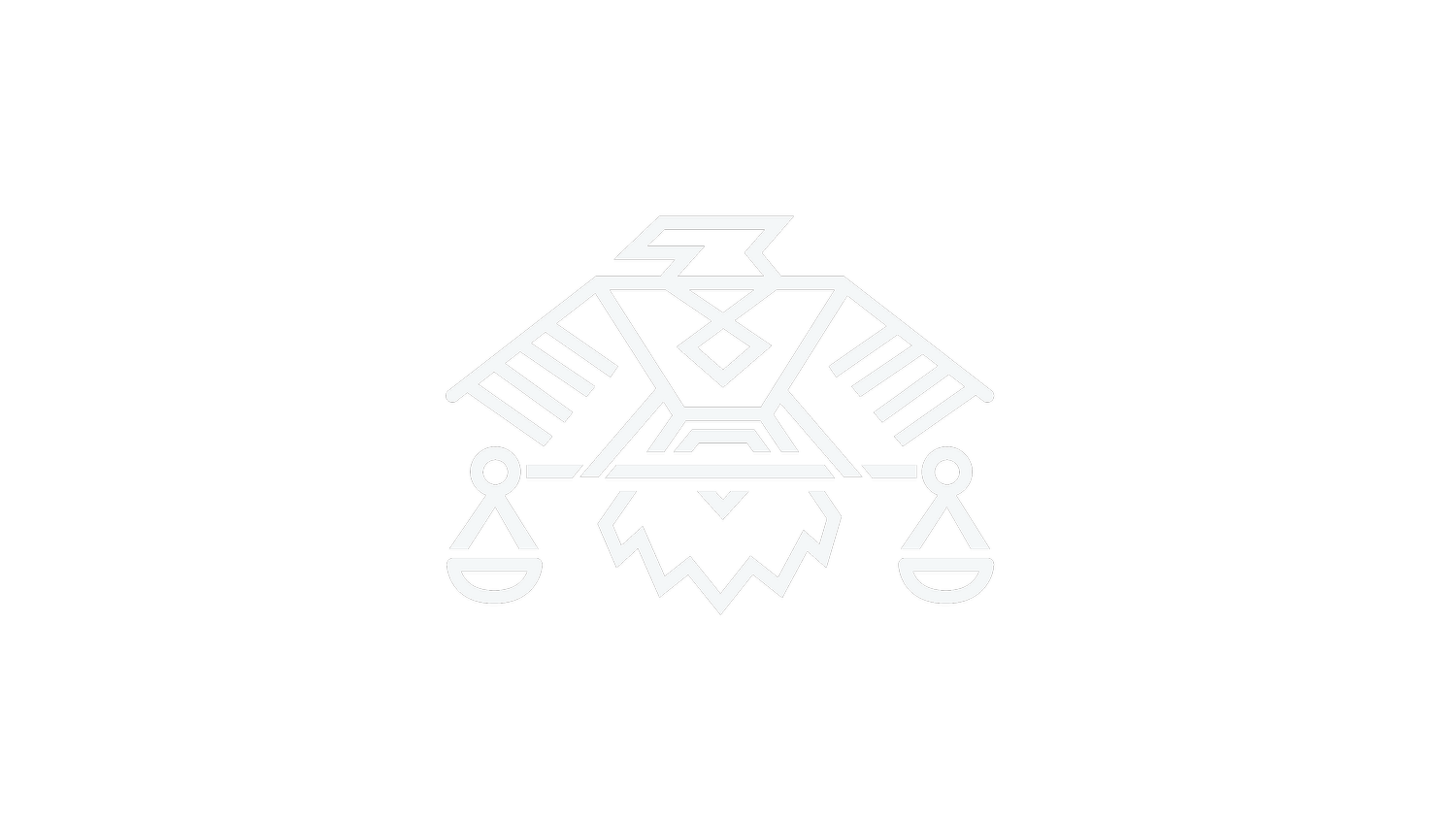THE IBA CELEBRATES THE VATICAN’S REPUDIATION OF THE DOCTRINE OF DISCOVERY AND CALLS ON CANADA TO REJECT AND ERADICATE THE DOCTRINE IN CANADIAN LAW
Ottawa, ONT – The Indigenous Bar Association in Canada (the “IBA”) celebrates the formal repudiation of the Doctrine of Discovery by the Catholic Church. In a joint statement of the Dicastery for Culture and Education and for Promoting Integral Human Development on the “Doctrine of Discovery” (the “Doctrine”) the Vatican formally rejected the doctrine, which emerged under 15th century Papal Bulls of Romanus Pontifex (1455) and Inter Caetera (1493), that granted the exclusive right to certain nation states (Spain and Portugal) to possess lands that those states had “discovered”, irrespective of the fact that Indigenous Peoples occupied and exercised sovereignty over such lands.
While the joint statement represents a significant and symbolic step forward in the path to reconciliation, much work is needed to unwind the deleterious impacts that the Doctrine has had on Indigenous Peoples within domestic Canadian law. The earliest jurisprudence in Canada, which includes cases such as St. Catharines Milling and Lumber Co. v. R., resorted to the Doctrine to justify the Crown’s unilateral assertion of title over Canadian territories that have been inhabited by Indigenous Peoples since time immemorial. As such, the development of Canadian law as it relates to Indigenous Peoples has been profoundly shaped by these precedent-setting foundations. The assumptions, concepts and constructs underlying the Doctrine are deeply embedded in Canadian jurisprudence and continue to have the effect of dispossessing Indigenous Peoples of territories upon which they have and continue to exercise sovereignty. The steps taken to repudiate the Doctrine of Discovery are the first steps in undoing this long history of deeply embedded legal doctrine.
Indigenous Peoples and nations have worked ceaselessly to gain recognition of their sovereignty over the lands and resources. International instruments such as the United Nations Declaration on the rights of Indigenous Peoples (UNDRIP) and national mandates through the Calls to Action of the Truth and Reconciliation Commission of Canada (the “TRC”) have supported these efforts. Separate and apart from the Vatican’s repudiation of the Doctrine, the removal the Doctrine and its influences on Canadian law is a central component of the recognition of Indigenous Peoples’ sovereignty over their lands and resources.
For instance, TRC Calls to Action #45 and #46 specifically call for the repudiation of the Doctrine and the concept of terra nullius. TRC Call to Action #47 calls upon “federal, provincial, territorial, and municipal governments to repudiate concepts used to justify European sovereignty over Indigenous peoples and lands, such as the Doctrine of Discovery and terra nullius, and to reform those laws, government policies, and litigation strategies that continue to rely on such concepts”.
In practice, the Doctrine has constructed a false narrative about the relationship between settlers and Indigenous peoples in Canada. The rights and title of Indigenous Peoples have never been subjugated to the interests of the Crown, and the IBA believes that Indigenous Peoples do not enjoy their rights and title under the auspices of Crown sovereignty. In the case of the numbered Treaties, these instruments are not merely transactional, they are sacred agreements between sovereign nations which did not contemplate the existence or viability of the Doctrine. Until these truths are reflected in Canada’s domestic jurisprudence, the remnants of the Doctrine will continue to serve as a barrier to reconciliation.
Accordingly, while the IBA applauds the Vatican for taking this historic step in recognizing the inherent human rights of Indigenous peoples and denouncing the discriminatory “legal and political Doctrine of Discovery”, the IBA also welcomes and strongly encourages the implementation of the TRC calls to action and the formal rejection of the outdated legal concept of “terra nullius” in law reform, policy and strategy within Canada’s legal framework..
The IBA is the only national association of Indigenous lawyers (practicing and non-practicing), legal academics and scholars, articling clerks and law students, including graduate and post-graduate law students and paralegals in Canada. The IBA’s mandate includes, inter alia, advocating for the recognition of Indigenous laws, legal traditions, protocols and process; promoting the reform of policies and laws affecting Indigenous peoples in Canada; and fostering public awareness within the legal community in respect of legal and social issues of concern to Indigenous peoples in Canada

